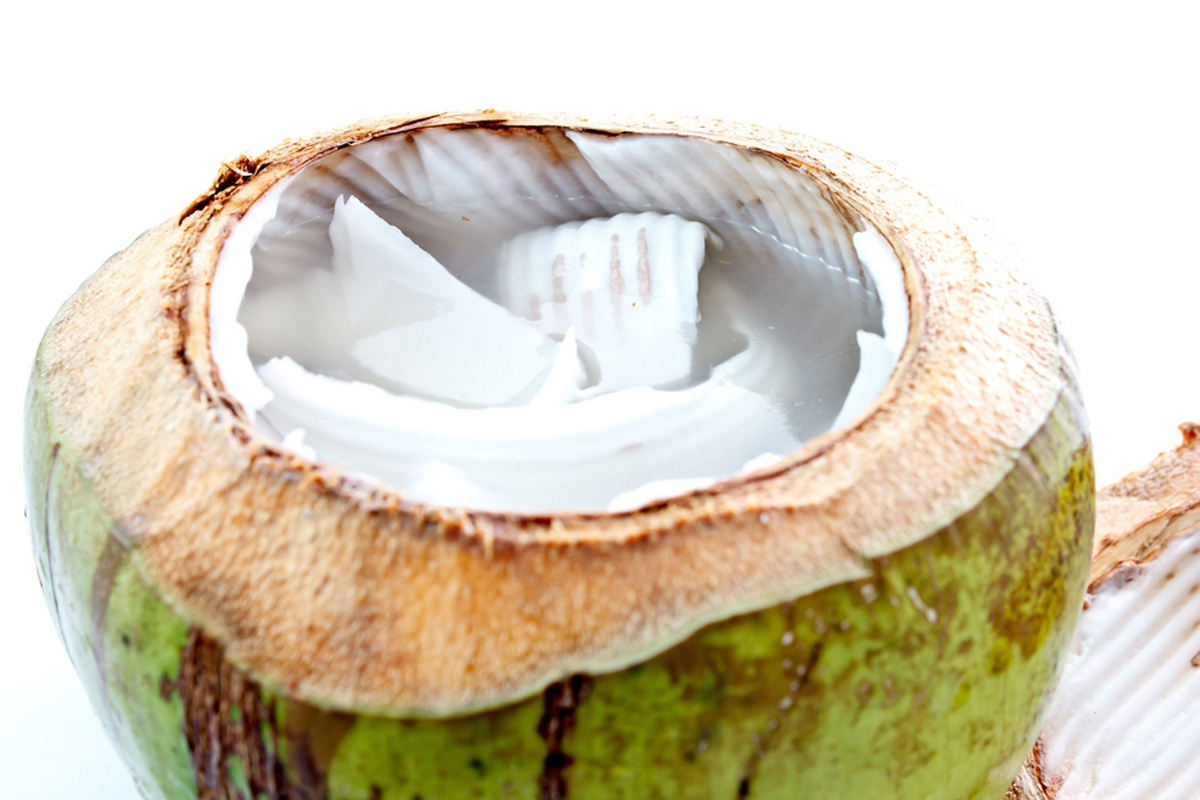

It’s a great choice for those on low carb, paleo, gluten-free, or nut-free diets.īecause coconuts are so high in fat, they are also high in calories.ĭepending on your calorie needs and intake, they might promote weight gain if you don’t account for the extra calories elsewhere or make adjustments to your diet.įurthermore, some research shows that coconut oil can increase LDL (bad) cholesterol levels, which is a risk factor for heart disease ( 29). SummaryĬoconut is versatile in the kitchen and works well in both sweet and savory foods. However, coconut flour is best used in recipes that have been tested, as it won’t rise like wheat flour and absorbs more liquid than other types of flour.Īdditionally, coconut oil is a delicious heat-stable fat that can be used in place of other oils for baking, sautéing, or roasting. It’s gluten-free, nut-free, and a popular option for anyone who’s counting carbs.īecause it’s grain-free, the flour is also good for those on the paleo diet, which does not allow grain products like regular wheat flour. Stirred into pudding or yogurt, it’s also a delicious calorie booster for someone who wants to gain weight.Ĭoconut flour is used in baking as a substitute for wheat flour. Shredded coconut is great for baking and adds a touch of natural sweetness and moisture to cookies, muffins, and quick breads.Ī sprinkle of raw coconut adds texture and a tropical flavor to oatmeal. Its meaty texture and flavor work well in curries, fish stews, rice dishes, or even on breaded shrimp.īe aware that some brands contain added sugar, which you may not want for savory dishes, so be sure to check the ingredient label carefully. Though more research is needed, coconut is low in carbs and rich in antioxidants, healthy fats, and fiber, which could potentially support blood sugar control.įlaked or shaved, coconut adds a nice flavor to savory dishes. Therefore, more research is needed to better understand the effect of coconut on blood sugar regulation ( 23). On the other hand, one recent review concluded that adding coconut fat to meals could actually increase insulin resistance long term, which could worsen blood sugar control. The high fiber content of coconut meat can also help slow digestion and may potentially improve insulin resistance, which can help regulate blood sugar levels as well ( 22). One review even suggested that coconut oil may help lower blood sugar levels, which may be due to its anti-inflammatory properties and antioxidant content ( 20).Īnother study involving 48 people with metabolic syndrome found that replacing other fats in the diet with virgin coconut oil improved triglyceride levels and reduced fasting blood sugar after 4 weeks compared to a control group ( 21). The meat also provides carbs and protein along with many essential minerals, such as manganese, copper, iron, and selenium.Ĭoconuts are low in carbs and high in fiber and fat, which may be beneficial for blood sugar control. SummaryĪlthough coconut meat is high in fat, it also contains MCTs, which are metabolized differently than other types of fat. However, more research is needed to evaluate whether the potential benefits associated with MCTs also apply to coconut oil ( 12). One review on the benefits of MCTs in people with obesity found that these fats may promote body fat loss when eaten in place of long-chain saturated fats from animal foods ( 15).

Your body metabolizes MCTs differently than other types of fats, absorbing them directly from your small intestine and rapidly using them for energy ( 13, 14, 15). Much of the fat in coconut is in the form of medium-chain triglycerides (MCTs) ( 12).


 0 kommentar(er)
0 kommentar(er)
